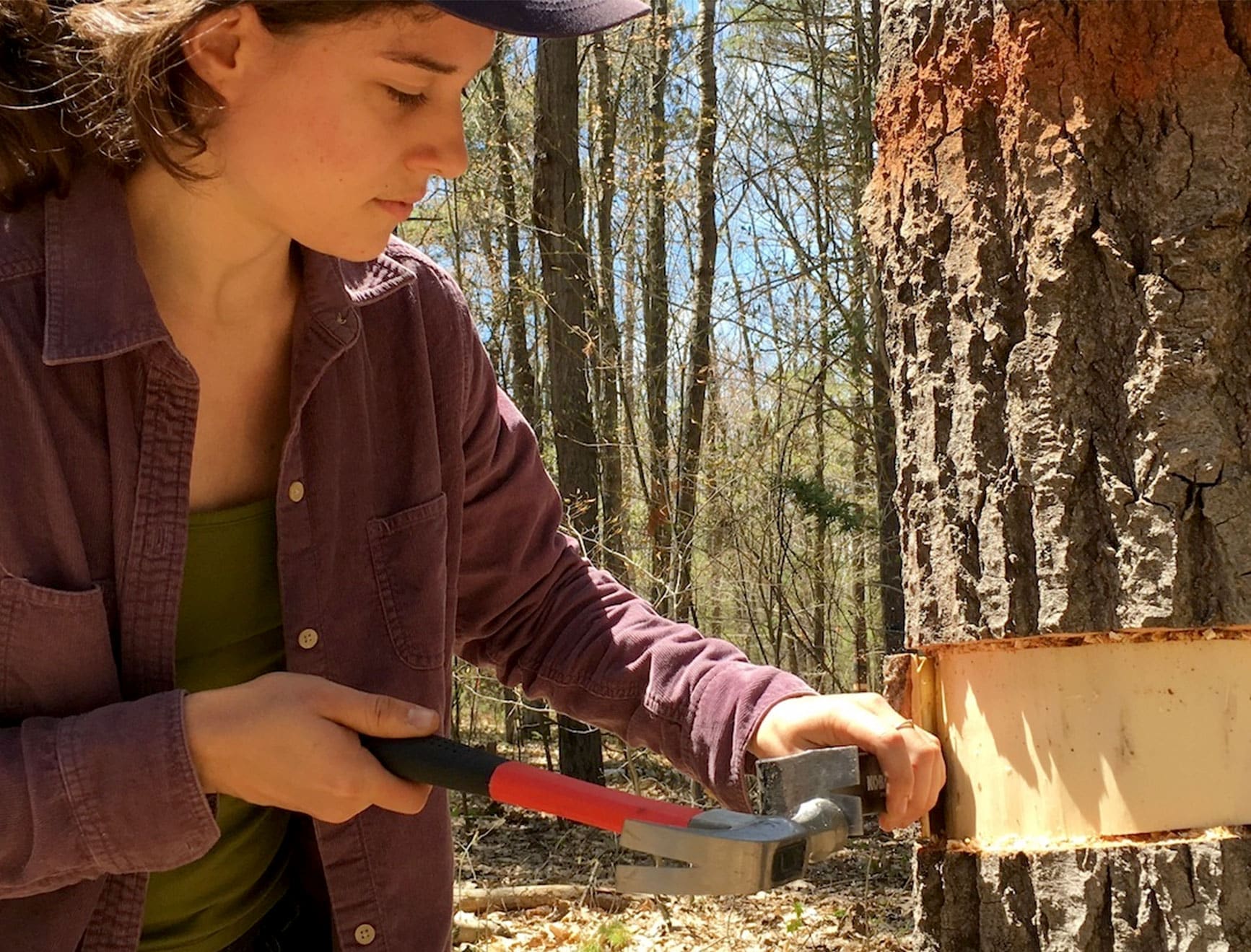Virginia Commonwealth University
Annual Report 2020-2021
VCU REAL

At VCU, we want world-ready graduates who have real, marketable skills and who know what sets them apart in the job market. That’s why the university set out to coordinate experiential, career-connected learning opportunities through its Relevant, Experiential and Applied Learning (REAL) initiative.
The initiative began in 2016 when VCU President Michael Rao, Ph.D., announced an effort to formalize experiential learning at VCU. In 2018, the VCU REAL office was formed and the university hired Erin Webster Garrett, Ph.D., to lead the effort. The university is no stranger to experiential learning — it’s been a priority since our founding — but VCU REAL makes it a central part of the university’s learning environment and creates pathways for collecting data about student success.
VCU is also working to ensure access to opportunities for students from historically underserved populations, such as underrepresented minority students, students who are first-in-family to attend college, and students from low-income households. Technology platforms — including the new Student Opportunity Center, a centralized hub of available experiences — make it easier for students to find and compete for the best opportunities. The VCU Internship Funding Program, a new experiential learning fund piloted by VCU Career Services and partners this spring, will ensure students with financial need can participate.
“Of Virginia’s R1 institutions, VCU enrolls the highest percentage of students from the lowest economic quintile, and ranks among the highest in the state at improving student social mobility,” Webster Garrett said, referring to data from the Georgetown University Center on Education and the Workforce. “REAL gives VCU students the potential to transform future trajectories and rewrite their own narrative.”
VCU’s REAL academic regulation takes the university’s commitment a step further by ensuring all incoming undergraduates complete at least one advanced REAL experience before they graduate. From internships and co-ops to research, study abroad, and service learning, REAL experiences prepare students for the future by connecting their academic and professional goals.
REAL gives VCU students the potential to transform future trajectories and rewrite their own narrative.
Michael Portillo ’22 had the chance to put his economics major into practice when he led a team of VCU undergraduates in the 2020 College Fed Challenge, the premier competition for undergraduate economists. Portillo and his team analyzed how COVID-19 has affected the U.S. economy, presented a policy recommendation to the Federal Reserve Board of Governors, and took questions from senior economists at the Fed. The team was awarded an honorable mention for their work.
“It felt both exciting and intimidating to present policy recommendations to the Federal Reserve,” Portillo said, “but after walking away with an honorable mention, I felt extremely confident in my ability to follow my professional passions after graduation.”
After the Fed Challenge, Portillo said he felt more qualified for a future in economics. He wants to attend graduate school and pursue a career as a U.S. diplomat specializing in economics and business.
Webster Garrett said Portillo’s experience shows how REAL can provide students with transferable skills that are valued by employers, such as problem-solving, critical thinking, teamwork, and oral and written communication. “These skills prepare students for a future workplace where changing careers is more common, and lifelong learning is more important,” she said.